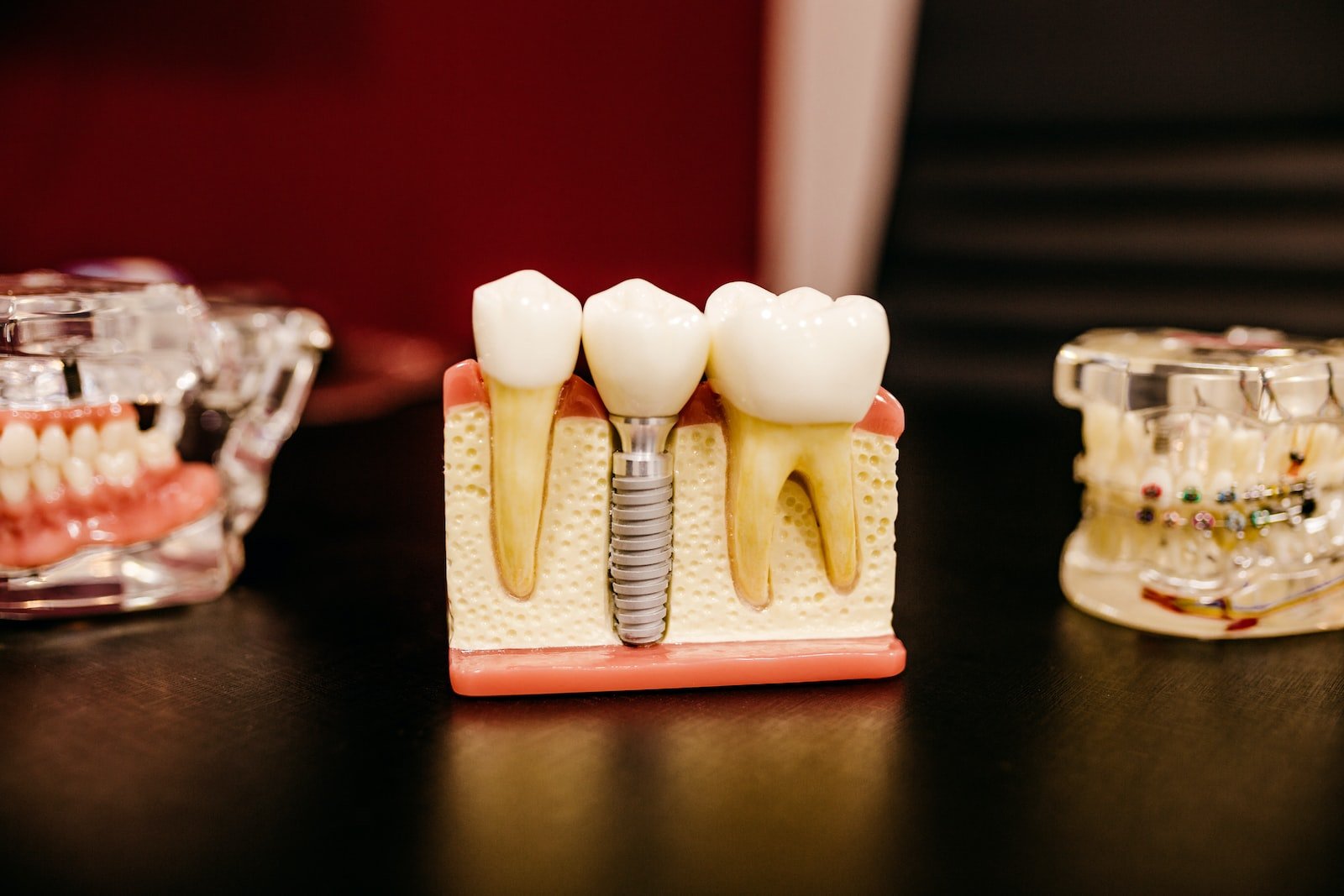Table of Contents
ToggleFailed Implant Symptoms
Index
What Causes Unsuccessful Implant Application?
What Are the Symptoms of Failed Implants?
Implant treatment comes to the fore among the prosthetic restoration methods in which the lost tooth or teeth are replaced by the operation. The reason why implant treatment is one of the most preferred methods in a short time is that it is made of quality material and is permanent for many years when successfully applied. Dental implant treatments have a success rate of up to 98 percent when performed by quality materials and an experienced physician. Choosing the right hospital and doctor is of great importance, as the symptoms of failed implants can be quite disturbing.
What Causes Unsuccessful Implant Application?
Unsuccessful implant application may occur due to both doctor and patient reasons. Causes arising from the patient; not paying attention to oral care, insufficient bone structure, clenching and grinding of teeth, excessive alcohol and cigarette use. Causes arising from the doctor arise based on the knowledge and experience of the doctor. For a successful implant application, the suitability of the patient’s jaw and bone structure, its proximity to the nerve, and how the tooth should be positioned should be determined by the doctor’s examination and imaging.

What Are the Symptoms of Failed Implants?
Failed implant symptoms greatly affect a person’s standard of living. In some cases, it may be necessary to repeat the implant treatment when the symptoms are quite severe or the tooth cannot hold. The most common signs of failed implants can be listed as follows:
Prolonged Severe Pain: It is quite possible to experience pain in the implant application, but if this toothache is severe and does not go away for a long time, it means that there is a problem. Severe pain, for which even the painkillers used after the procedure are not enough, can reach unbearable dimensions for the patient.
Inflammation of the Gingiva: Swelling may occur after the implant application. But if the swelling does not go away and grows, then it is understood that it is caused by the formation of inflammation as a result of unsuccessful implant application. Even if the operation is successful, inflammation may occur when oral care is not taken care of after the procedure.
Displacement of the Implant Tooth: One of the most common symptoms of unsuccessful implants is the movement of the implanted tooth. When the movements of the implant tooth are in micro size, the person may not notice and it is revealed in the x-ray control. If the tooth moves so much that the person can notice, and even if it falls out, it is understood that the implant does not hold.
Gum Recession: Although gingival recession is among the symptoms of failed implants, it can actually be caused by many other reasons. Especially if there is only recession in the gingiva around the implant, it is understood that it is caused by unsuccessful application. If there is not enough bone and gum tissue in the place where the implant is applied, the implant may fail.
Seeing Biting and Chewing Problems: Under normal conditions, the implanted tooth should function like other teeth and should not cause problems in biting and chewing. In unsuccessful implant applications, there may be difficulty in biting and pain and discomfort during chewing.
Numbness and Tingling in the Tongue and Lip: The tooth, which is located close to the nerve, requires special sensitivity during the operation. In the x-rays and controls performed before the operation, the implant tooth should be designed in three dimensions and the correct angle to be positioned should be determined. The implant tooth placed in the wrong length and angle causes nerve damage, causing loss of sensation, numbness and tingling in the tongue and lips.
Occurrence of Allergic Reaction: The occurrence of an allergic reaction is one of the rarest cases of failed implant symptoms. Because titanium alloys, the material of which the implant is made, are very unlikely to cause allergies. However, just in case, the presence of allergies should be checked before the operation.
If you have tooth loss and are considering implant treatment, you can consult your doctor and apply to oral and dental health clinics for treatment as an examination, and learn your suitability for the procedure.
